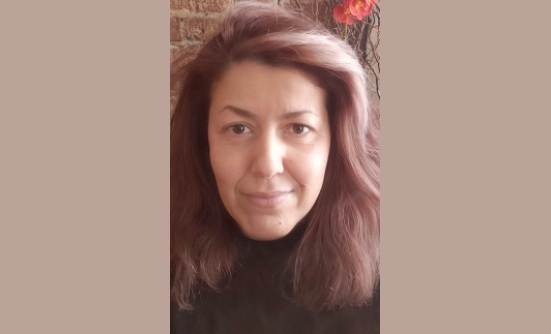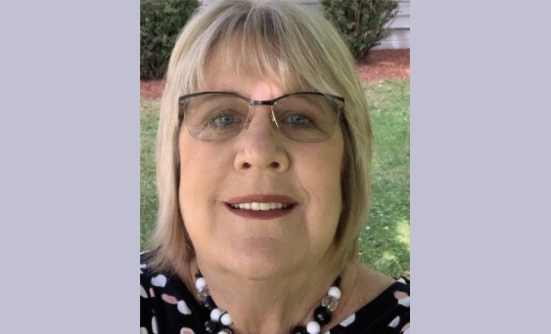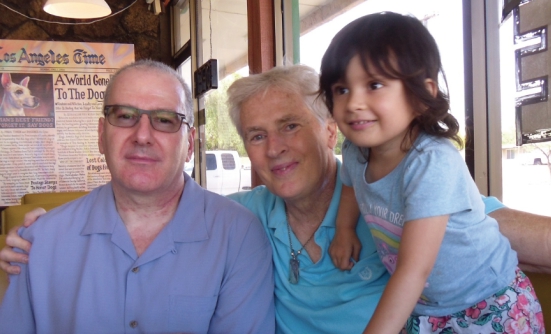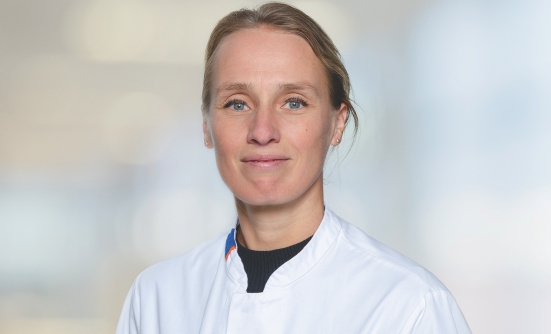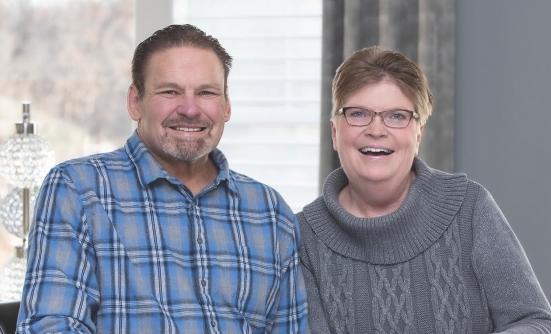Unlike many types of cancers, the number of new cases of liver cancer, specifically hepatocellular carcinoma (HCC)—the most common type of liver cancer—is increasing in the United States. According to the American Cancer Society, although liver cancer is less common in this country than around the world, about 41,000 people will be diagnosed with liver cancer and intrahepatic bile duct cancers in 2017 in the United States, and nearly 29,000 will die of the disease. Since 2000, deaths from liver cancer have gone up by 3% each year, although this trend has begun to come down recently in young adults.
In 2017, 2 new drugs were approved by the FDA for patients with HCC, after almost a decade of no new treatments. And 2 more therapies are being developed for this cancer as well.
Caregivers are an important part of the care team for patients with cancer, who often rely on their caregivers to get through their treatment and deal with the many requirements facing them during treatment and beyond.
It is therefore important for caregivers to be informed about the cancer type of the patient to be able to help patients handle the disease to the best of their ability. To gauge the knowledge levels of caregivers about liver cancer, Bristol-Myers Squibb (BMS) partnered with Blue Faery: The Adrienne Wilson Liver Cancer Association—a leading liver cancer patient advocacy organization—to survey caregivers of patients with liver cancer.

In 2002, Andrea J. Wilson established Blue Faery, after her sister Adrienne Wilson died from HCC in 2001.
The results of the BMS/Blue Faery “Liver Cancer Outlook” survey were published in October 2017, in recognition of Liver Cancer Awareness Month and in anticipation of Caregivers Awareness Month in November. The survey included 90 U.S. caregivers of patients with active liver cancer to evaluate their understanding of the disease and uncover unmet needs of those who help people living with liver cancer.
Unmet Needs
The responses of caregivers to the BMS/Blue Faery survey show that many of those caring for patients with liver cancer don’t have enough information about this type of cancer and are looking for resources to help them fill their knowledge gap, so they can better help their loved ones. The caregivers’ responses clearly show that they are interested in getting more information about treatment options and new research about this cancer. Some of the answers caregivers gave show that:
- 97% of caregivers of patients with advanced-stage liver cancer are interested in the latest developments in liver cancer treatment and research
- 95% of these caregivers want to learn more about the different types of liver cancer treatment options, and 82% wished they knew where to find this information
- 93% want information about immunotherapies for liver cancer
- 72% believe that heavy alcohol use is the most common risk factor for liver cancer
- 58% of caregivers of patients with advanced-stage liver cancer said it was hard to understand what treatment options were available for their loved ones
- 47% didn’t know much about liver cancer before their loved one’s diagnosis
- Only 20% of all caregivers surveyed were familiar with the risk factors of liver cancer before their loved one’s diagnosis
Raising Awareness to Remove Stigma
Liver cancer is often stigmatized as a disease that develops mainly because of heavy alcohol consumption. “Before my sister was diagnosed with HCC, I thought the only cause of liver cancer was alcoholism,” said Ms. Wilson. And she is not alone. Many people believe that this is the main cause of liver cancer.
However, although alcoholism can lead to liver cancer, other reasons are more common causes of this type of cancer, including the high rate of hepatitis C infection in people born between 1945 and 1965 (the “baby boomers”), hepatitis B infection, and the continuing rise of obesity and type 2 diabetes in the United States. Indeed, metabolic disorders, including diabetes, obesity, impaired glucose tolerance, nonalcoholic fatty liver disease, and metabolic syndrome are among the main causes of HCC.
The survey shows a high level of stigma associated with liver cancer. Caregivers’ responses show that:
- 77% of caregivers surveyed think that liver cancer doesn’t get as much attention as other cancers
- 60% say that negative perceptions of liver cancer make it difficult to find support
- 56% agree there is a stigma associated with liver cancer
- 40% say this stigma prevents their loved one from actively seeking support for their cancer
“These survey results reinforce the need to decrease the stigma surrounding the disease and to increase awareness, research efforts and resources available to patients and their caregivers,” said Ms. Wilson. Overall, 90% of caregivers wished there was more public awareness of the seriousness of liver cancer.










